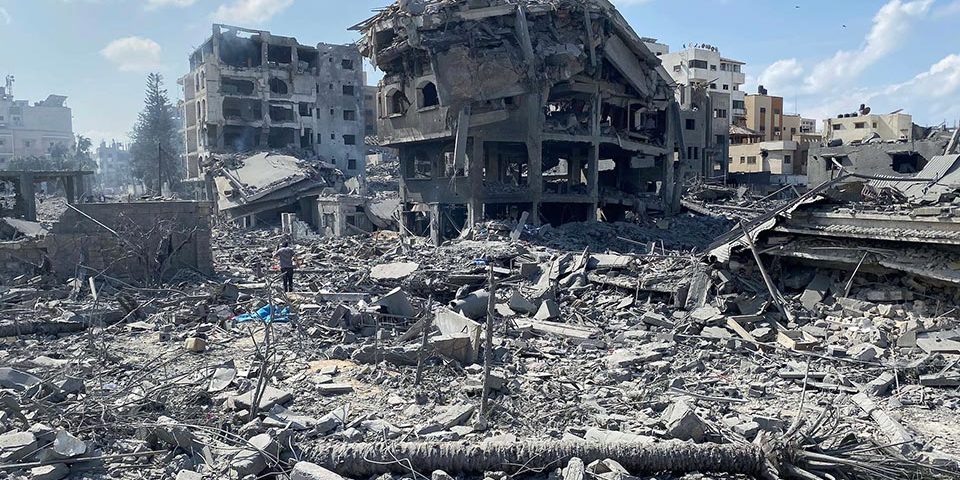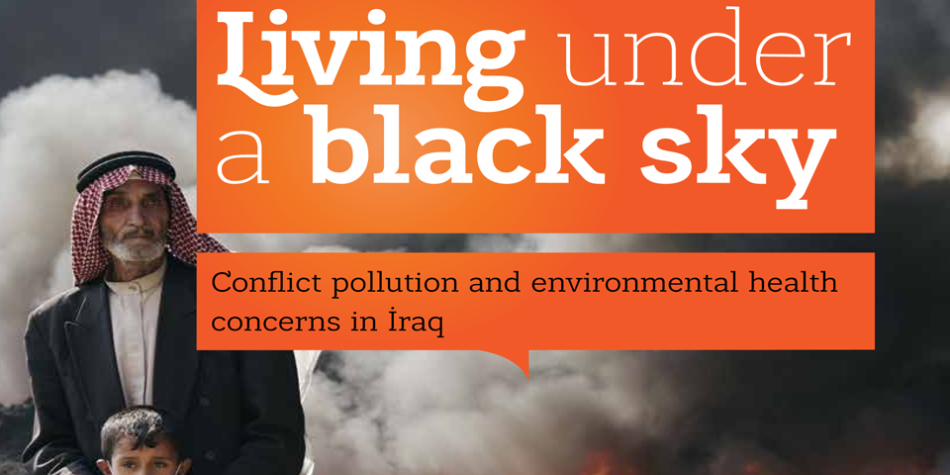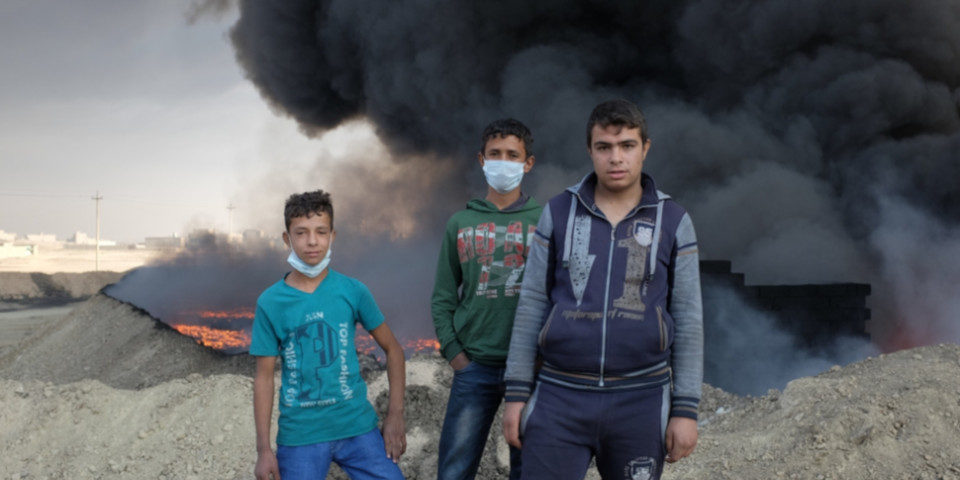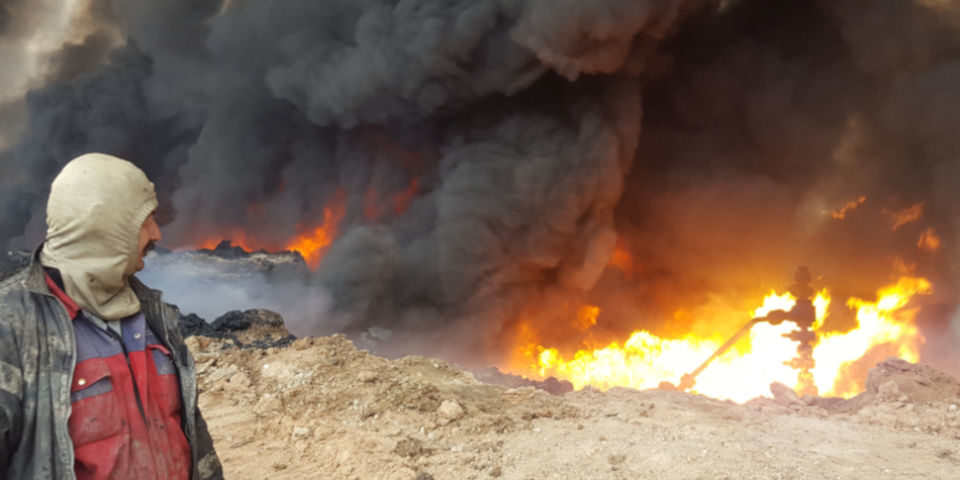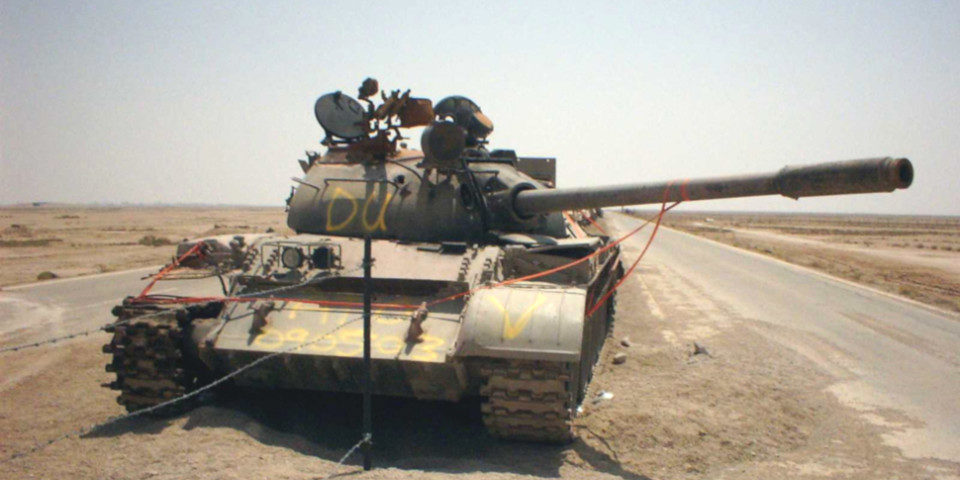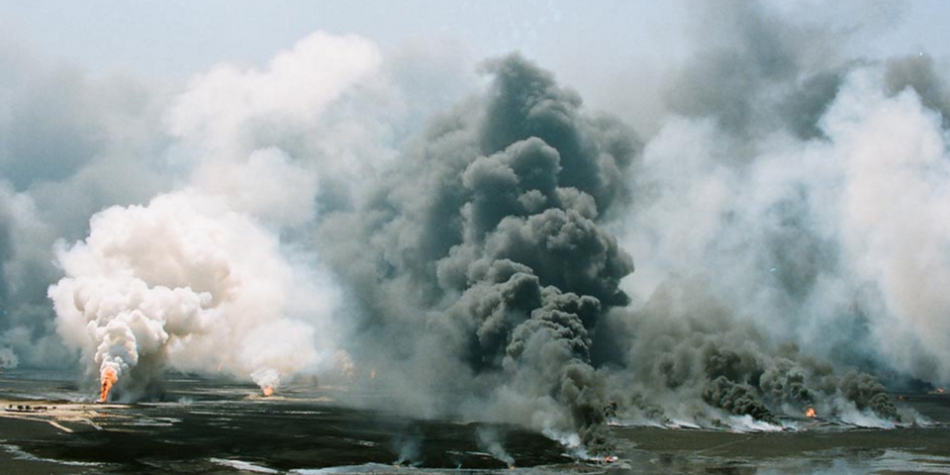As the dust settles from the battle to recapture Mosul, and the urgent humanitarian crisis reaches its peak with millions of Internally Displaced Persons (IDPs) in desperate need of medical help, shelter food and water, Iraq is beginning to reflect on the extent of the damage inflicted by the battle against the so-called Islamic State (IS). Beyond the immediate needs of IDPs, it is becoming clear that recovery and reconstruction will be a huge challenge, requiring billions of dollars to rebuild the country. One element that will need to be addressed writes Wim Zwijnenburg, but which is rarely prioritised in the reconstruction agenda, is the impact of conflict on the environment and its consequent health risks.

